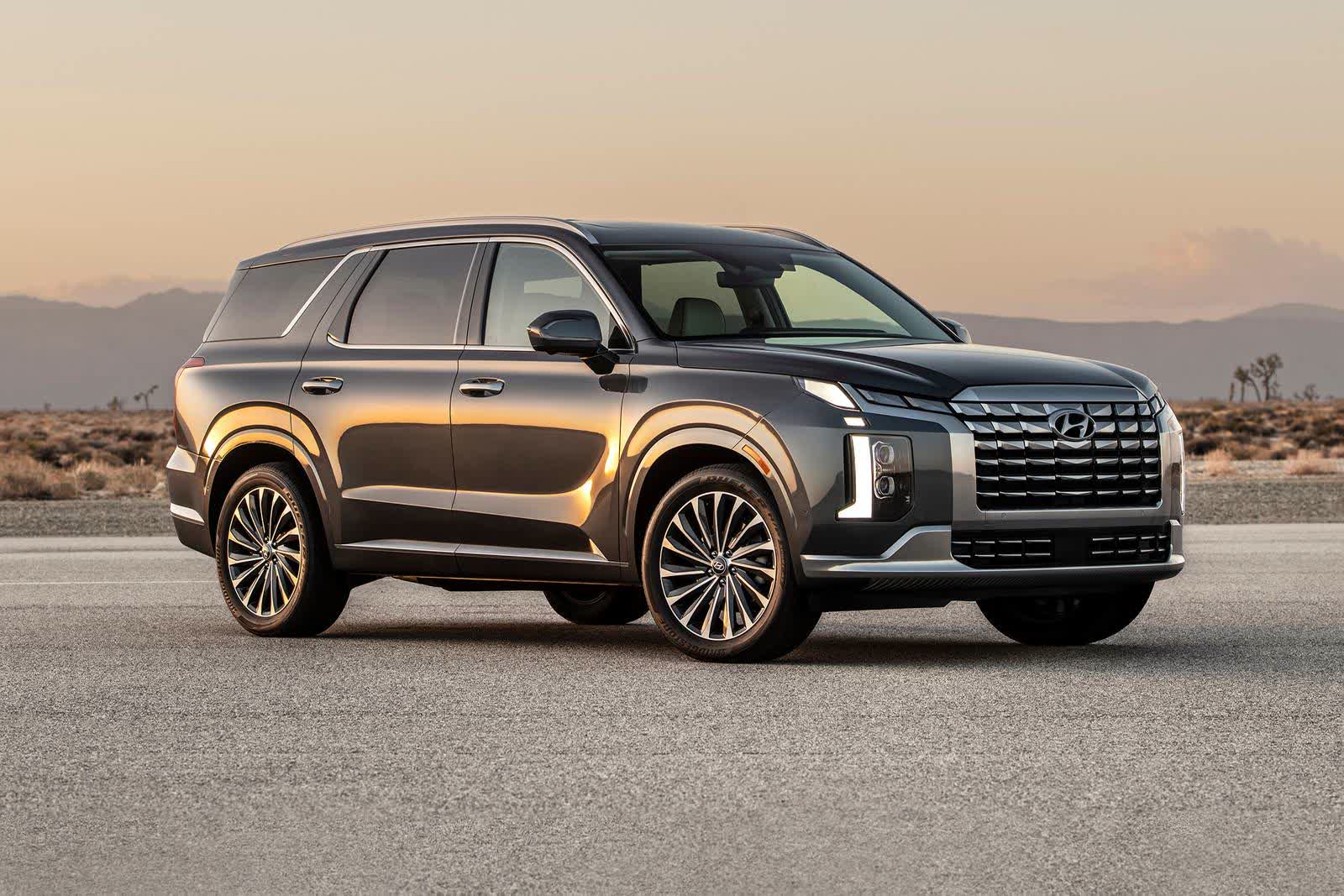Serving tech enthusiasts for over 25 years.
TechSpot means tech analysis and advice you can trust.
A hot potato: Months after the controversial practice was highlighted, carmakers are still selling drivers' data, including locations and speeding habits, to data brokers. Now, two Senators have called on the FTC to investigate the matter and share new details.
Much like other internet-connected devices, the online capabilities of modern vehicles allow companies to collect users' personal data. Reports in March revealed how connected cars with built-in telematics share driver statistics and data with insurers, often without the owners even realizing it.
Since that report was published, General Motors (GM) said it would end its partnership with data broker LexisNexis and analytics company Verisk. New York-based LexisNexis has a "Risk Solutions" division used by the auto insurance industry.
But car companies are still sharing Americans' driving data with data brokers. A letter sent by Senators Ron Wyden of Oregon and Edward J. Markey of Massachusetts to the FTC singles out some of the offenders.
The letter states that GM failed to obtain informed consent from consumers before sharing their data, and used manipulative designs to coerce consumers into enrolling in its Smart Driver program. The use of dark patterns has become a hot topic recently; a recent FTC study showed just how widespread their use is, while Amazon and Adobe are both being investigated for allegedly using dark patterns.
Honda is also mentioned in the letter. The Japanese firm shared data from 97,000 cars with Verisk, another data broker, which paid Honda $25,920, or 26 cents per car, and it did so without obtaining informed consent from consumers, according to information Honda provided Senator Wyden's office. Again, it's claimed dark patterns were used to push consumers into enrolling in the optional Driver Feedback program via the mobile app.
Honda's enrollment screen asked consumers for consent so that it could determine their driving score and their eligibility for insurance discounts. Those who agreed were shown Honda's lengthy terms and conditions, which buried the fact that Verisk would receive customers' data.
Hyundai, meanwhile, shared data from 1.7 million vehicles with Verisk, which paid Hyundai $1,043,315.69, or 61 cents per car. The company did not seek informed consent from consumers before sharing their data, the letter states.

Hyundai confirmed that it shared data with Verisk from consumers who had enabled internet connectivity by default. This was done by automatically enrolling those drivers in its Driving Score program without telling them. While drivers had to click through a consent form to enable internet connectivity in a new car, Hyundai did not disclose that it would also share consumers' data with Verisk if they agreed.
GM declined to confirm how many cars' data it shared with data brokers, though it was reported to be 8 million, or how much it was paid.
Automakers often encourage consumers to sign up to these driver programs by advertising them as ways to lower insurance prices, though they could not guarantee that the data would only be used this way.
"Companies should not be selling Americans' data without their consent, period," the senators wrote. "But it is particularly insulting for automakers that are selling cars for tens of thousands of dollars to then squeeze out a few additional pennies of profit with consumers' private data."
The automakers' defense is that the programs were opt-in, though many don't understand what they are opting into. GM said it "still shares anonymized location information from its cars with a company that Mr. Wyden's office said GM had declined to identify."
Subaru, Acura, Kia and Mitsubishi also offer driver score features with data collection that is sent to insurance databases. They require users to opt in, but a few make their data-sharing policies less obvious than others.
If you're worried about what data your car is capable of collecting, find out the details by typing in the VIN at this website. You should also check your connected car app and request what information your car company has on you.